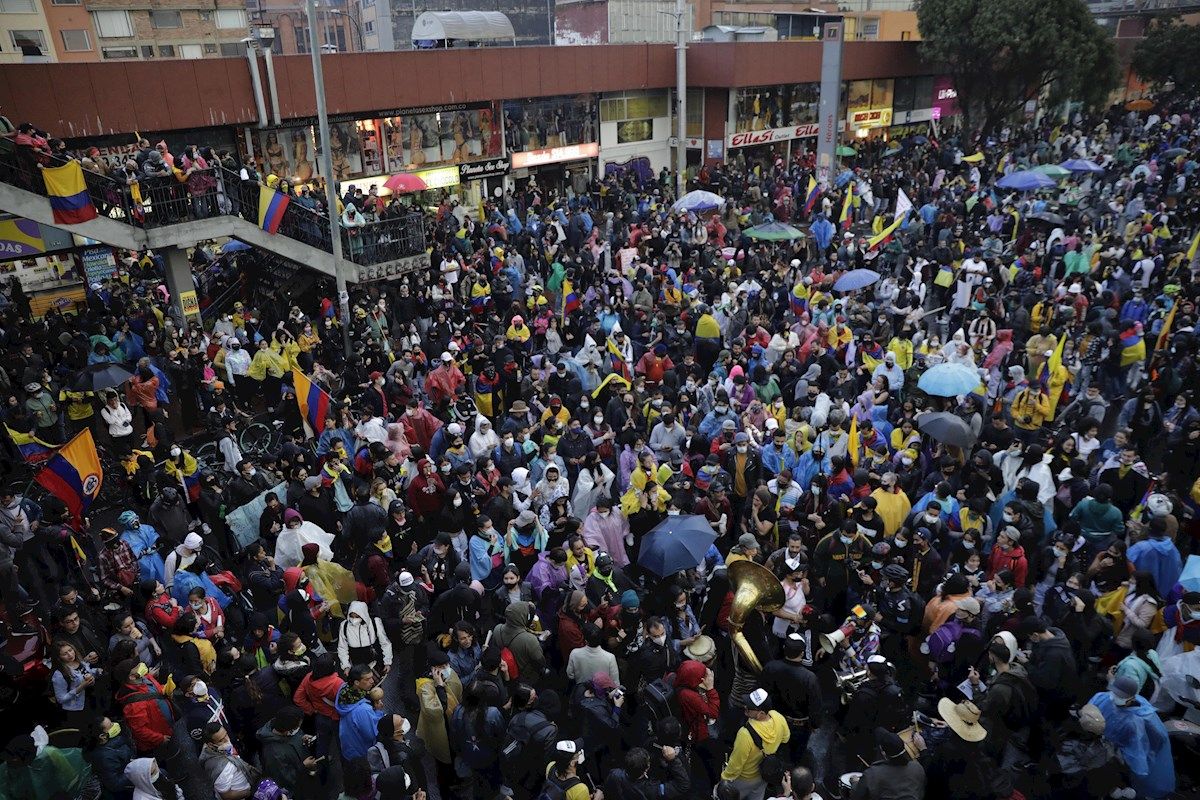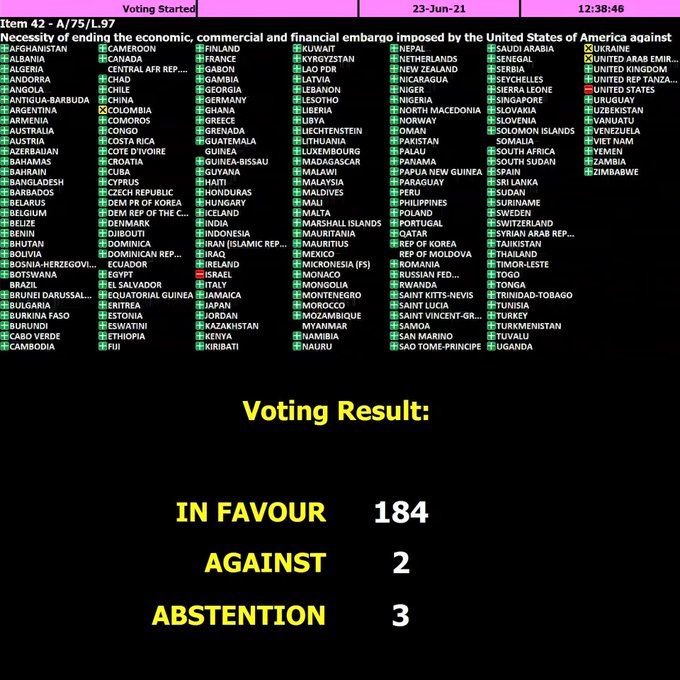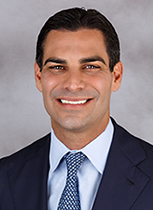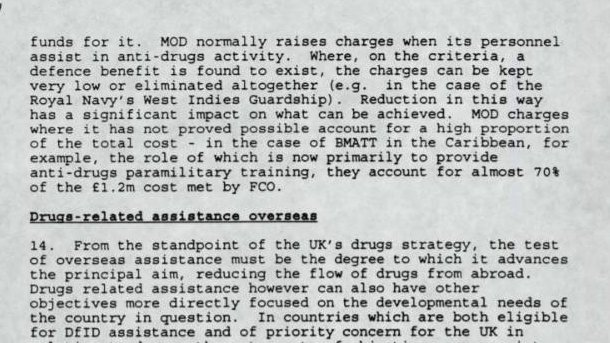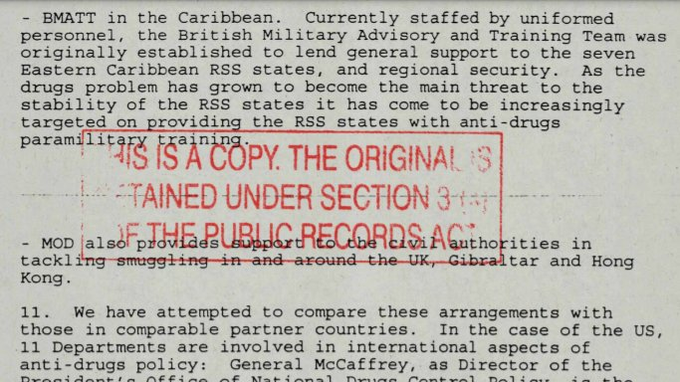Rebuilding hegemony
Redemocratised Latin America eventually rejected both the IMF-enforced neoliberalism which terrorised the region economically, and its past subservience to U.S. foreign policy.
Since the defeat of the FTAA or free trade area of the Americas, and the ascendence of the so-called pink tide, there have been ongoing efforts to establish a new hegemonic order to succeed the Washington consensus of the 1990s through economic and strategic blocs like the Pacific alliance, the Lima Group, and direct intervention through the U.S. dominated Organisation of American States.
These have stood counter to regional integration efforts like UNASUR, ALBA and CELAC, the protagonists of which were depicted by financial press as the “bad” South America; one of “populism” and “statism”, i.e. obstacles to low wages and privatisation.
From Honduras in 2009 and Paraguay in 2012, there have been a succession of coups, coup attempts, destabilisations and reversed elections; Brazil, Venezuela, Bolivia, Nicaragua. The failure of Argentinian neoliberal Macri to be re-elected punctured U.S. vision for the southern cone, as did the overthrow of the Bolivian coup regime both they and the IMF backed. The coup government led by CIA-connected Jeanine Añez now face punishment for massacres and torture during their putsch.
In Ecuador, home to the U.S. Manta airbase, and under the shadow of Council of the Americas patron Chevron, a combination of lawfare, proxy spoiler/splinter opposition, and disinformation against the left candidate most recently helped bring COA-lauded banker Guillermo Lasso to power. Lasso, neoliberal former head of Ecuador operations for the Coca-Cola company, succeeds ‘Shakespearean villain’ Lenin Moreno. Moreno was elected on a left-wing ticket to succeed Rafael Correa, only to quickly switch to a U.S. allied position once in office, engage in persecution of former allies, and encourage brutal repression of anti-austerity, anti-IMF protests. This led him too to face a lawsuit from indigenous organisations for crimes against humanity.
Two new Brazilian books ‘Ninguém regula a América‘ by Ana Penido/Miguel Enrique Stédile and ‘Brasil no espectro de uma guerra híbrida‘ by Piero C. Leirner both detail how beneath a veneer of public diplomacy, lawfare, encouragement and utilisation of the far right, along with other components, have been used by the United States over the past decade or more to wage an undeclared hybrid war across the region, in order to install governments aligned with U.S. interests; put simply it is the old empire with new weapons.
Anti-Corruption in particular went from a standing start in the early 1990s to become a principal tool of US statecraft, capable of swinging elections and toppling presidents. In Brazil’s case this had global dimensions via BRICS and its relations with China and Russia.
These kind of campaigns in Latin America are backed by Council of the Americas, NATO’s Atlantic Council, AEI, Transparency International, the libertarian Atlas Network and other NGOs, think tanks, and foundations, which act as US / FVEY government cutouts, providing strategic planning, material support, and editorial cover via clusters of locally stationed flacks. There has been little distinction between governmental agency and outsourced corporate activity in this area.
It is wrong to assume there was ever pause from the role U.S. corporations played in the horrors of 1960s and 70s Latin America, when the very same organisation that binds them, Council of the Americas, has been a constant, pulling political strings to provide an environment that is friendly to business, and swimming in blood, ever since.
With elections imminent in Brazil, Chile and Colombia, this malign influence should be central to any serious reporting.
South America’s ‘Business Friendly’ Bloodbath
Redemocratised Latin America eventually rejected both the IMF-enforced neoliberalism which terrorised the region economically, and its past subservience to U.S. foreign policy.
Since the defeat of the FTAA or free trade area of the Americas, and the ascendence of the so-called pink tide, there have been ongoing efforts to establish a new hegemonic order to succeed the Washington consensus of the 1990s through economic and strategic blocs like the Pacific alliance, the Lima Group, and direct intervention through the U.S. dominated Organisation of American States.
These have stood counter to regional integration efforts like UNASUR, ALBA and CELAC, the protagonists of which were depicted by financial press as the “bad” South America; one of “populism” and “statism”, i.e. obstacles to low wages and privatisation.
From Honduras in 2009 and Paraguay in 2012, there have been a succession of coups, coup attempts, destabilisations and reversed elections; Brazil, Venezuela, Bolivia, Nicaragua. The failure of Argentinian neoliberal Macri to be re-elected punctured U.S. vision for the southern cone, as did the overthrow of the Bolivian coup regime both they and the IMF backed. The coup government led by CIA-connected Jeanine Añez now face punishment for massacres and torture during their putsch.
In Ecuador, home to the U.S. Manta airbase, and under the shadow of Council of the Americas patron Chevron, a combination of lawfare, proxy spoiler/splinter opposition, and disinformation against the left candidate most recently helped bring COA-lauded banker Guillermo Lasso to power. Lasso, neoliberal former head of Ecuador operations for the Coca-Cola company, succeeds ‘Shakespearean villain’ Lenin Moreno. Moreno was elected on a left-wing ticket to succeed Rafael Correa, only to quickly switch to a U.S. allied position once in office, engage in persecution of former allies, and encourage brutal repression of anti-austerity, anti-IMF protests. This led him too to face a lawsuit from indigenous organisations for crimes against humanity.
Two new Brazilian books ‘Ninguém regula a América‘ by Ana Penido/Miguel Enrique Stédile and ‘Brasil no espectro de uma guerra híbrida‘ by Piero C. Leirner both detail how beneath a veneer of public diplomacy, lawfare, encouragement and utilisation of the far right, along with other components, have been used by the United States over the past decade or more to wage an undeclared hybrid war across the region, in order to install governments aligned with U.S. interests; put simply it is the old empire with new weapons.
Anti-Corruption in particular went from a standing start in the early 1990s to become a principal tool of US statecraft, capable of swinging elections and toppling presidents. In Brazil’s case this had global dimensions via BRICS and its relations with China and Russia.
These kind of campaigns in Latin America are backed by Council of the Americas, NATO’s Atlantic Council, AEI, Transparency International, the libertarian Atlas Network and other NGOs, think tanks, and foundations, which act as US / FVEY government cutouts, providing strategic planning, material support, and editorial cover via clusters of locally stationed flacks. There has been little distinction between governmental agency and outsourced corporate activity in this area.
It is wrong to assume there was ever pause from the role U.S. corporations played in the horrors of 1960s and 70s Latin America, when the very same organisation that binds them, Council of the Americas, has been a constant, pulling political strings to provide an environment that is friendly to business, and swimming in blood, ever since.
With elections imminent in Brazil, Chile and Colombia, this malign influence should be central to any serious reporting.
South America’s ‘Business Friendly’ Bloodbath









